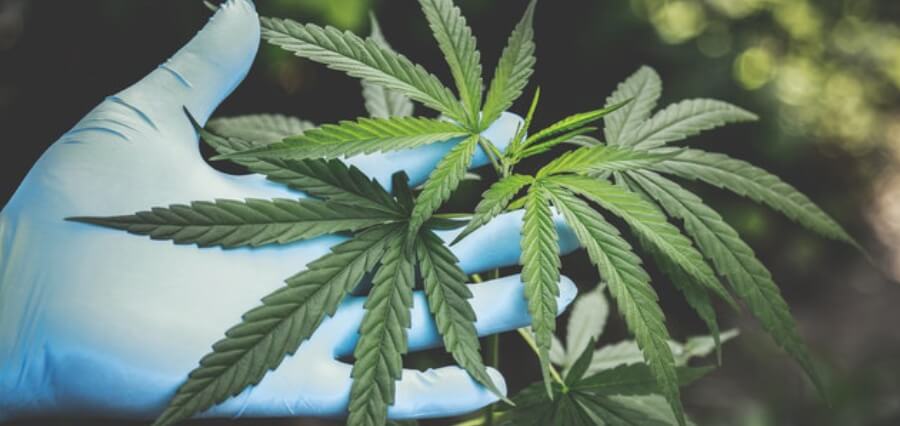Skeptics insist that marijuana is dangerous and should not be used. But a growing number of supporters believe that it’s medicinal properties cannot be disregarded and its non-health benefits helps a country’s economy to flourish.
Having said that, Canada is the latest country next to Uruguay that legalized marijuana for recreational and medicinal uses. And there are 29 countries that use marijuana for its medicinal properties. In the U.S. 11 states allows both recreational and medical uses and 25 states are using it for medical purposes, more states are seeking approval.
Studies have shown favorable results on the effects of marijuana in managing the psychological and physical health of impaired persons. Aside from easing the symptoms of many ailments, its therapeutic qualities treat physical and mental disorders.
However, most studies are small in size and cannot give a descriptive conclusion to the effectiveness of marijuana as a treatment agent. The absence of large-scale trials cannot prove that the benefits of marijuana compensates the risks in treating patients.
Marijuana like any drugs will treat you if used properly and will harm you if abused.
The Benefits of Marijuana
Years back, marijuana was considered an illegal drug to make you high. Nowadays, it is believed to be a wonder plant that is used to produce drugs to cure ailments. The THC and CBD contents provide numerous health benefits to consumers, but it goes beyond health-related welfare.
There are other non-related health benefits that marijuana provides and governments realize this that is why they legalized marijuana in their country. Canada was the latest country to do this in the US. Many states are sanctioning the use of marijuana both for recreational and medicinal applications.
Medical Benefits
- The THC, psychoactive substance, in marijuana eases nausea and vomiting in cancer patients treated with chemotherapy.
- Sativex a marijuana-based medicine relieves pain and cures rheumatoid arthritis. It also improves sleep quality for people with sleep disorders.
- The CBD, cannabinoid, in marijuana provides a calming effect that reduces anxiety, cognitive deficiency, and discomfort in speech.
- Depression is a mood disorder that adversely affects how a person feels, thinks, and acts. Marijuana is an antidepressant that boosts the feel-good mood resulting in mental clarity.
- CBD is an effective antipsychotic medicine used to treat schizophrenia. It has less negative side-effects than the most used traditional medicine, amisulpride.
Non-Related Health Benefits
- Business pundits believe that marijuana is the biggest thing in the market for years to come. Governments which legalized marijuana will expect a windfall of tax money improving the country’s economy.
- Marijuana dispensaries can be set up providing more job opportunities.
- Reduction in marijuana related crimes since the demand will be met with the supply. A 2014 study shows that marijuana legalization reduced homicide and assault.
- Aficionados can enjoy the euphoric feeling of marijuana without law officers looking over their shoulders.
- The creative juices are pumping under the influence of marijuana improving creativity.
Psychological Effects
Different strokes for different folks. Consumers have different experiences to marijuana . Some have good trips during their high and feel relaxed and drowsy afterward. Here are some psychological effects of marijuana
- Frequent and long term use, large doses of marijuana brings you to a state of hallucination where time stops, sounds are more pronounced, and colors are sharp.
- After consuming marijuana, you will have a hard time focusing, studying, and recalling things. The effect lasts for at least 24 hours.
- Large doses may cause nervousness or lose touch with reality.
- It stimulates the appetite.
- Antisocial behavior is associated with marijuana use.
- Unusual talkativeness and laughter.
- Secretive people.
- Drops your inhibitions to take risky chances.
- Physical Effects
Bloodshot eyes, droopy eyes, and hampered physical movements are just some of the signs that a person had a dose of marijuana.
In just a few minutes after toking the effect kicks in the normal heart rate of 70 beats per minute goes up to 120 beats per minute or over. This lasts for about three hours or until the effect wears off. Add the strain, tar and other chemicals and exposes a user to a stroke or heart attack. And bigger problems for those who are older or with heart disease.
A motorist who Ingest marijuana makes a stoned person a dangerous driver. A user does not have control over their faculties, they won’t react properly to changes in traffic lights or solving problems along the way while driving.
Marijuana smoke can irritate the throat and lungs. It is held in the lungs exposing the lungs to THC, carcinogens, and tar which weakens the immune systems. This makes the lungs susceptible to infections like pneumonia. Regular smokers suffer from breathing problems with continuing coughs and excretion of phlegm that is colored dark.
Pregnant women should avoid weed smoking this can impair the unborn baby. There is a connection between marijuana and the baby’s health such as premature birth, underweight, sudden infant death, and low lying placenta.
Although there are negative consequences in marijuana, you cannot discount its therapeutic qualities that help people with physical health issues.
Marijuana relieves nausea and throwing up of cancer patients undergoing chemotherapy.
Stimulates the appetite of AIDS patients.
Treatment of childhood epilepsy with CBD medication called Epidiolex.
Sativex,, combines THC and CBD, a mouth spray used to treat the pain from multiple sclerosis.
A study on the application of CBD to treat schizophrenia show favorable results.


